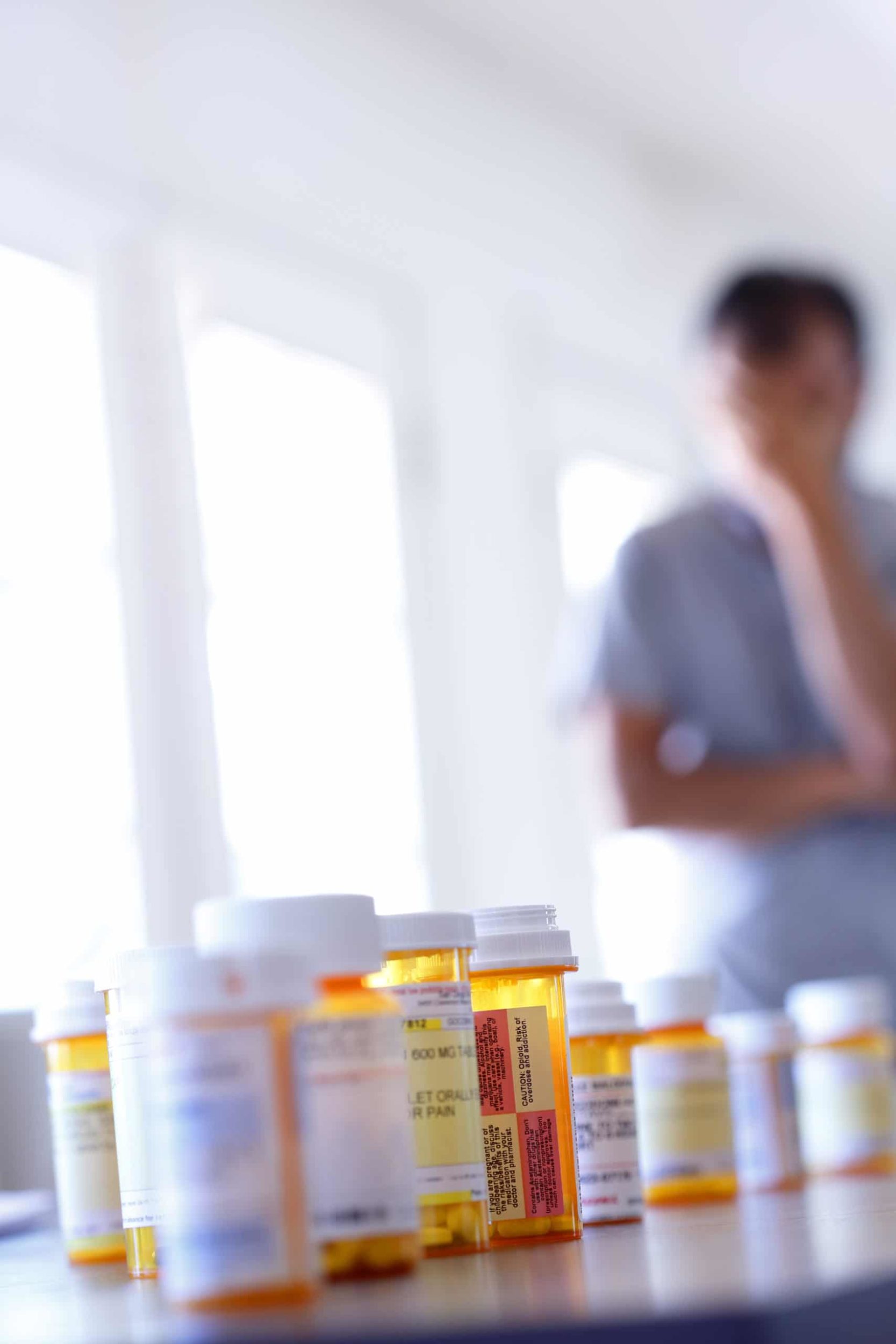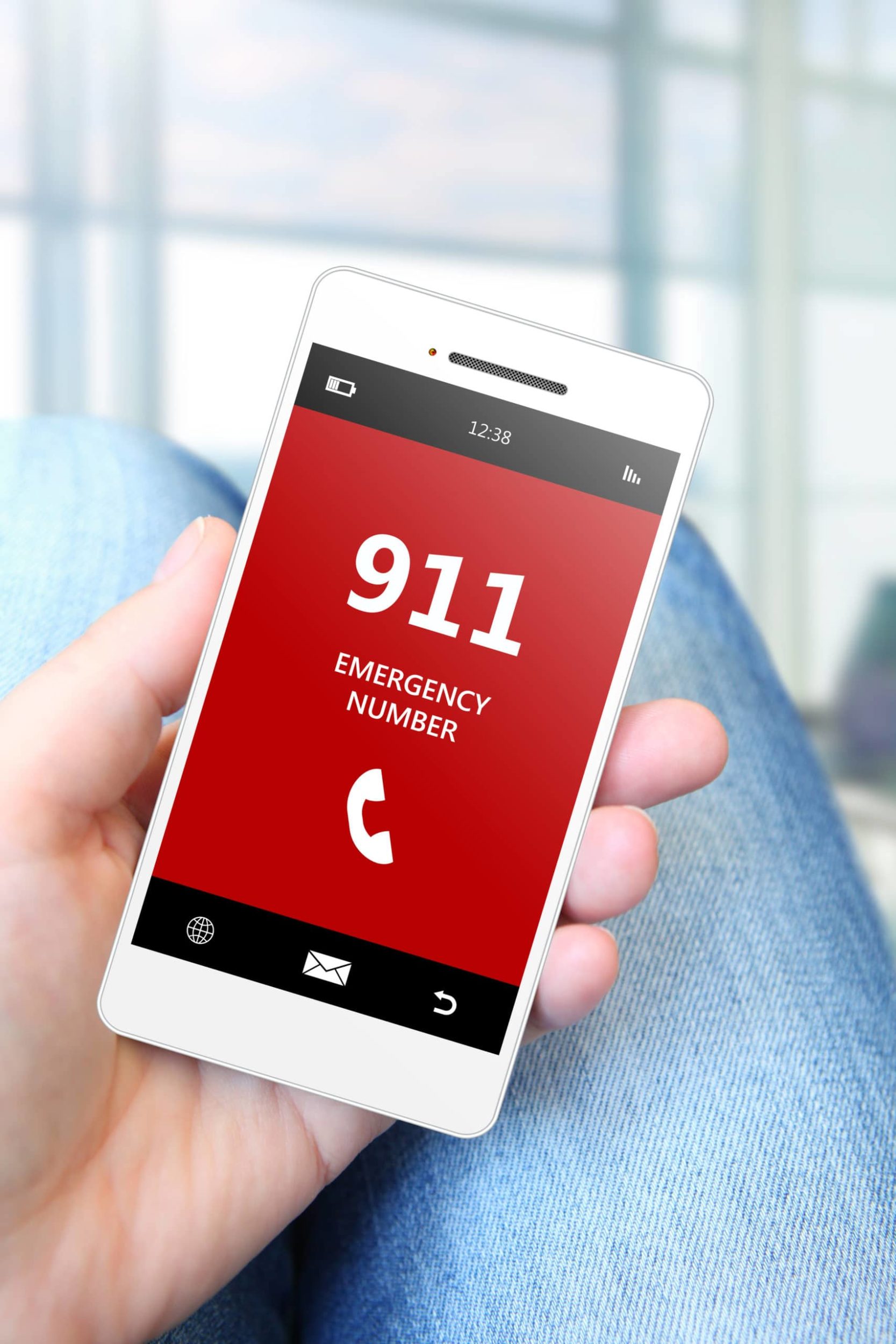Utah’s Premier Prescription Drug Rehabilitation Program
About Prescription Drug Abuse
Wasatch Crest has helped many people overcome their addiction to prescription drugs. With a unique treatment approach that addresses the biological, behavioral and interpersonal aspects of addiction, we get at the heart of what drives substance use and give you the tools needed for meaningful and lasting change. If you or a loved one are in need of prescription drug rehab, please give us a call. We are here to help.
What is prescription drug abuse?
Following alcohol and marijuana, prescription drugs are the most commonly abused substances among Americans aged 14 and older. When a medication is taken in a way that is not intended, in an amount that is not prescribed, or taken by a person other than for whom it was prescribed, it is classified as drug abuse. Both prescription and over-the-counter drugs can be abused.
What Prescription Drugs Are Commonly Abused?
A variety of prescription drugs are abused. The following are commonly abused classes and types of drugs:
- Opioids (used to treat pain) – including oxycodone (OxyContin®), fentanyl (Duragesic®), and hydrocodone (Vicodin®)
- Stimulants (used to treat ADHD and narcolepsy) – including dextroamphetamine (Dexedrine®), amphetamines (Adderall®), and methylphenidate (Concerta® and Ritalin®)
- Central nervous system depressants (used to treat anxiety and sleep disorders) – including diazepam (Valium®), alprazolam (Xanax®), and pentobarbital sodium (Nembutal®)
What are the signs and symptoms of prescription drug abuse?

The signs and symptoms of prescription drug abuse vary by the type of drug. Here’s what to look for in the most commonly abused prescription drug categories:
Opioids
- Constipation
- Nausea
- Euphoria
- Slowed breathing rate
- Drowsiness
- Confusion
- Poor coordination
- The increased dosage needed for pain relief
- Worsening or increased sensitivity to pain with higher doses
Anti-anxiety medications and sedatives
- Drowsiness
- Confusion
- Unsteady walking
- Slurred speech
- Poor concentration
- Dizziness
- Problems with memory
- Slowed breathing
Stimulants
- Increase alertness
- Euphoria
- Irregular heartbeat
- High blood pressure
- High body temperature
- Reduced appetite
- Insomnia
- Agitation
- Anxiety
- Paranoia
Opioids as Gateway Drugs
Similarly to alcohol, opioids and other prescription drugs are given a warped perception because of their relevance and utility in today’s society. Alcohol is a social and cultural touchstone in America—meanwhile, prescription drugs are effective medications that people rely on after medical emergencies and surgeries. While this may be true, it remains a double-edged sword, as this social acceptance and leniency with these drugs can make it all the more easy to fall into an unintended addiction.
This is especially true as it relates to prescription opioids. Opioids are commonly prescribed for post-surgery pain management. This is an acceptable and practical solution; however, those with physical complications and continued pain may need the prescription for an extended period of time. This is when people can begin to form the drug tolerance and physical dependencies that turn their opioid usage from as-prescribed to drug abuse.
A higher tolerance makes it so that more opioids are needed to achieve the same level of pain relief. With this increase follows a higher dependence on the substance. That, in turn, makes the absence of them all the more difficult once a patient has fully recovered. And that’s how easily a safe, doctor-prescribed amount of opioids can turn even the most drug-averse individuals towards addiction.
Prescription Drug Statistics in Utah
Remember, you are never alone in your path to recovery. Whether it’s our kind and empathetic team of addiction specialists and therapists here at Wasatch Crest or the millions of other folks worldwide who share in your struggle with prescription drug addiction, you are understood and can find the help that you need to regain control of your life.
Here are just a few statistics to prove it:
- 76,000 persons 12 or older had a substance abuse disorder in 2012 in Salt Lake City alone
- Drug overdose deaths involving opioids as a whole quadrupled from 1999 to 2018
- Deaths involving prescription opioids in Utah have been trending downward since 2014
- Most importantly, 72.2% of those who attend rehab for their substance abuse problems have recovered or are in active recovery—and you could join them in sober living
Prescription Drug Treatment Plans
Like any other substance abuse problem, achieving a healthy, sober-living lifestyle with prescription drug rehab in Heber and Park City, UT, may not be the easiest or most enjoyable period of your life—but the benefits thereafter will be indisputable. When you seek help from Wasatch Crest, your treatment plan will involve four crucial components:
Detox
It all begins with a controlled and precisely handled detoxification period. This will be the most physically arduous of your recovery journey. Our addiction specialists will ensure that you are able to safely make your way through any withdrawal symptoms as your body flushes out the final traces of the drug and begins to return to its normal, sober state. Once completed, it will be time for your body to rest and for the mental work to begin.
Counseling
Through deeply empathetic and focused counseling sessions, our Wasatch Crest therapists will help you work through your thoughts and emotions as you begin to readjust to sober living. This can include coming to terms with mistakes made during your addiction, developing healthier and more positive thought processes and outlooks, and much more.
Medication-assistance
In some instances—when deemed appropriate—medication-assisted recovery may be implemented. Depending on your unique set of mental and physical needs, medications like methadone (which is a long-lasting opioid agonist) will be administered to reduce the severity of opioid withdrawal symptoms and help with the mental cravings that may come after.
Follow-up
Finally, rehabilitation from prescription drug abuse doesn’t end once you leave our Wasatch Crest campus. Through follow-up sessions and check-ins, you’ll be able to discuss your real-world progress and further learn how to best deal with your newly sober life if any issues arise.
Do I need Prescription drug rehab?
If you or a loved one has ever taken a prescription drug for a reason other than the one intended, in a way or amount other than that which was prescribed, or if you have taken a drug not prescribed to you, you may need prescription drug rehab. Prescription drug abuse can lead to various adverse health effects, and overdose may result in death. If you are ready to free yourself from substance abuse, we encourage you to contact us today at Wasatch Crest. Our team is ready to help you achieve a full recovery.
Someone I care about is exhibiting signs of prescription drug abuse. What should I do?
When you have a loved one who you think may be abusing prescription drugs, they are probably showing some of the signs listed above. You care about them, and you want to get help for the person. Now, what do you do?

If you confront the person with their possible addiction, they will likely deny it, get defensive, or withdraw from you. That probably won’t allow you to move them to get help. There are other means of reporting possible prescription drug abuse. These may seem that you’re “ratting” the person out. But their life and the lives of others could be at stake.
Here are other options beyond personal confrontation.
- Contact their doctor — You can call the loved one’s doctor. The doctor cannot tell you anything about his or her patient, unless you are on the contact list (as a parent, for instance). But that doesn’t mean the doctor can’t be clued in to what you are seeing about his or her patient. Also, most doctors run random drug tests. This isn’t always the case, but it could be done to encourage the doctor to run such a test on the person you know.
- Call 9-1-1 — It’s not easy facing up to the facts that a loved one is abusing these drugs. They could even be selling them or buying them from someone else. If you think this is the case, you can call 9-1-1. If they are buying or selling, they are bringing a new element of danger to their life and the lives of others. You may not want to call 9-1-1, but it could be the best way to save the person.
- Contact the DEA — The Drug Enforcement Administration has a tip hotline where you can call and let them know if someone is abusing prescription drugs. Again, this may feel as if you’re turning someone in, but if they are abusing drugs such as oxycodone, you’re likely saving their life with the call.
- Call the pharmacy — You can call the pharmacy where the medications are coming from. The pharmacist can then refuse to fill the prescriptions moving forward, or they may make a note to the patient’s doctor of possible abuse. Pharmacies keep track of what prescriptions are filled and when. They can also track if the patient has filled similar or the same medications at other pharmacies.
What should I expect during my treatment at Wasatch Crest?
The first step is typically detoxification. This is because your body has become dependent upon the prescription drug you have been abusing. Next comes addiction therapy. This will address the behaviors and circumstances that make you feel the need to use these drugs. This is critical — identifying contributing factors that are behind your addiction — because you can then manage these situations when confronted with them in the future. Depending upon your individual situation, different treatment modalities will be used for both your physical and mental health to help you move beyond addiction and reenter the world.
What do I need to do to prepare for inpatient rehab at Wasatch Crest?

You’ll need to take care of a few things before you head to Wasatch Crest. By doing so, you’ll be able to fully focus on getting sober.
Take care of work and family obligations
While you may be reticent to tell your employer what is going on, if it’s a good place to work they will want you to be well, if for no other reason than you’re a better employee when sober.
According to the Family and Medical Leave Act, you are entitled to up to 12 weeks of medical leave, so your job will be protected during your stay in rehab.
If you’re a caregiver for children, elderly patents, and even your pets, you’ll need to make sure they are taken care of during your inpatient rehab.
Cover your financial or legal needs
Have your bills placed on automatic payment or have someone you trust to take care of these payments. You don’t want to create financial stresses that will come down when you’re back home and trying to focus on your new life.
If necessary, let the legal system know you are entering rehab. That way any missed correspondence will not create a red flag. This can be done through personal correspondence or through your attorney (if you have one).
Pack your essentials only
It can be tempting to pack all sorts of pictures and other items that feel like home, but it’s wise to take only what you need. At Wasatch Crest, we provide you with a packing list to help you pack for your stay. Remember, the goal is to minimize outside distractions and to separate from the issues that created your addiction. You want to focus on yourself and your treatment.
Spend time with family and friends
Before you enter Wasatch Crest, be sure to spend some time with family and friends. Tell them of your plans and how you seek to change your life. They will help you be accountable and stay on track when you return to them after your rehab.
How long will my rehab at Wasatch Crest take?
Our inpatient rehab at Wasatch Crest features 30-, 60, and 90-day treatment programs. We also focus on aftercare to help you maintain your sobriety moving back into your life.
What happens if I relapse after my rehab for prescription drug abuse?
No matter how dedicated you are to recovery, there is a chance that you will relapse and begin abusing prescription drugs again. This is not unusual — about half of recovering addicts experience a temporary moment of weakness that results in going back to their addiction. This can make you feel ashamed. It can make you feel like throwing in the towel and giving in to your addiction instead of continuing to fight your urges.
We will teach you ways to use a potential relapse as a learning tool. This can help you clarify the triggers that drive you back to abuse. This can help you see them more clearly, and deal with them more effectively moving forward. We give you a relapse prevention plan, and this will be the time to examine its points and commit again to sobriety.
Patient Review
"First time in Treatment and I can honestly say, this was the right kind of place for me. The entire staff treated me and the other clients with compassion and yet firm resolve. Each staff member knows what they are talking about, the rooms were clean, the views and grounds are beautiful, the classes were delivered by strong and passionate leaders, and they have good procedures in place. The food tended to be hit or miss depending on the day, but overall not bad. Some treatment centers are overtly about the $$ and maximizing their profit above all else, but I could clearly tell that was not even close to being the agenda here. I'm very grateful for the gift of time to heal here."
Get The Help You Need Today
If you are suffering from prescription drug addiction, please reach out to us today. Together, we can help you beat this addiction and start your road to a new life. To reach us, call 800-385-3507 or complete an online contact form.

